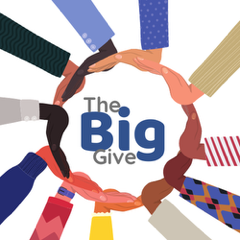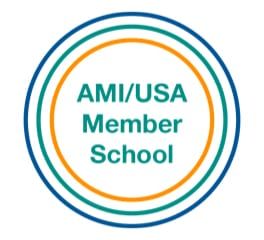Liberated Parenting Course: Week 4
Week 4 Recap:
LIMITS AND LANGUAGE
- We reiterated how limits set children and adults free, and how communication is the means by which we establish that framework of limits.
- We explained that although limits are often around safety , they can just as easily be around personal values, boundaries, and preferences .
MODELING BOUNDARIES AND CONSENT
- We discussed self-care as an adult, and challenging the paradigm of the “touched out” parent who has children pulling or climbing on her at all times. This dynamic is unsustainable for the adult and does the child a disservice.
- To be compassionate caregivers, we must acknowledge our own needs and then advocate honestly for them. Modeling consent through personal boundaries is the best way to teach this concept to children.
POSITIVE PHRASING
- We covered Positive Phrasing , the key to aligning emotional and verbal content to say “what is” rather than what isn’t.
- We discussed being adults who mean what we say and say what we mean to build authentic relationships with children.
- We discussed being “true and brief” with the First Plane child, who is looking to make sense of her world in order to build imagination later using lived experiences.
For those who missed it, please find attached the handouts on positive phrasing:
Questions This Week:
Questions around the nuances of allowing feelings, setting limits, and disagreeing.
Questions around expecting a child to contribute versus asking him a “favor.”
My older child frequently hurts or touches his younger sibling, even when she expresses that she’d like him to stop. If we said “stop,” we would be saying it all of the time. We are still working on finding the right phrasing to use to gently talk about consent.
As we discussed this week, there are times when we communicate limits gently “You may place your blocks silently on the floor. You can put your shoes on. It’s time for bed!” and there are times when a direct command is necessary for physical or emotional safety. Physical violence and/or uninvited touch is one of those black and white issues.
We set and follow through with firm limits around consent for a child at any age and trust that they are capable of understanding and complying. We honestly and directly tell a child “stop,” physically stop their hands from hurting if necessary, and remove them from the situation when needed.
If you are having to tell a child “stop” more than once, it means that the child has been allowed to continue in a situation that is no longer safe for him or others. It is insulting to the child’s intelligence to continue to explain or remind him of limits he already knows, and it is disrespectful to the sibling that he is hurting. The older the child, the clearer the message. Sending an ambiguous message around unwanted physical touch is dangerous , both to the child and to the society of which he is becoming a member. As we discussed, one of the best ways to teach consent is to model it by setting limits around our own personal boundaries and needs.
Coming up in Week 5: Planting the Seed
We will discuss how this seminar is really the beginning of a lifelong journey. We will examine our work with children as it relates to society, and discuss how to use our community for accountability and support. We will reflect what we’ve covered so far and share questions that have come up.
In the interest of building this supportive community and best meeting everyone’s needs, we’ve asked you to reflect on our original course intention, what we’ve covered so far, and where you are in this journey.
Please email us directly with a reflection that answers the following:
- In which areas do you still feel confused? In which areas do you need support or foresee yourself needing support?
- In which areas do you feel confident and able to support others? Is there a topic we’ve covered that you have a firm grasp on and would feel comfortable helping others navigate?
Please come prepared having read:
- What You Should Know About Your Child : Chapter 10
The post Liberated Parenting Course: Week 4 appeared first on Fort Collins Montessori School.






